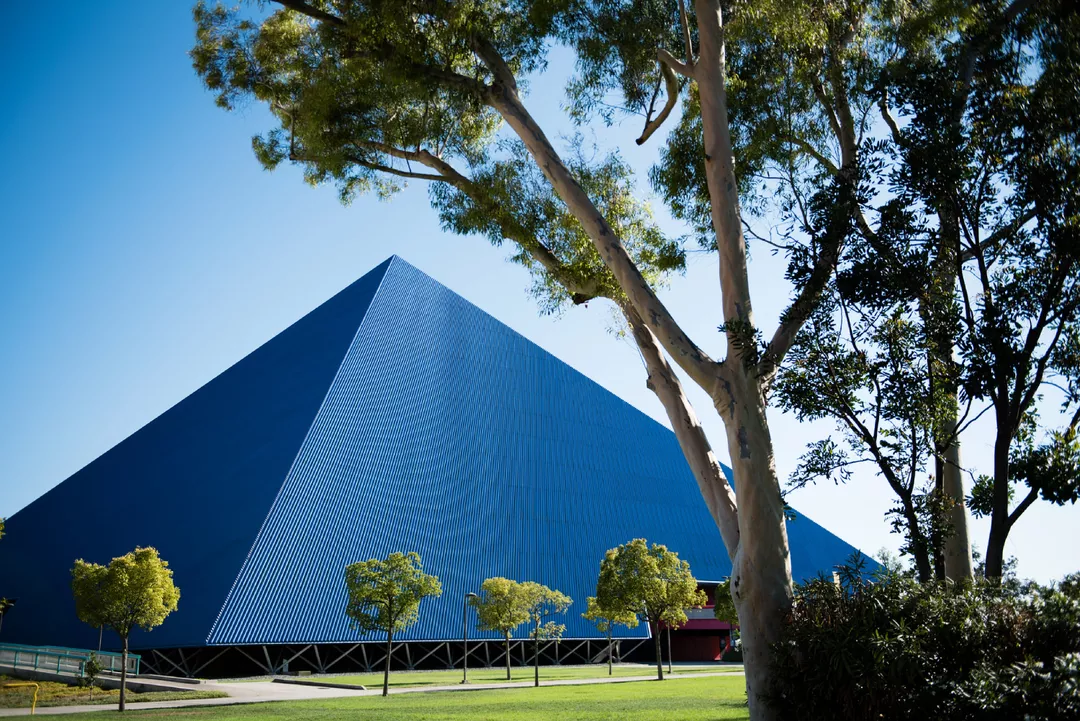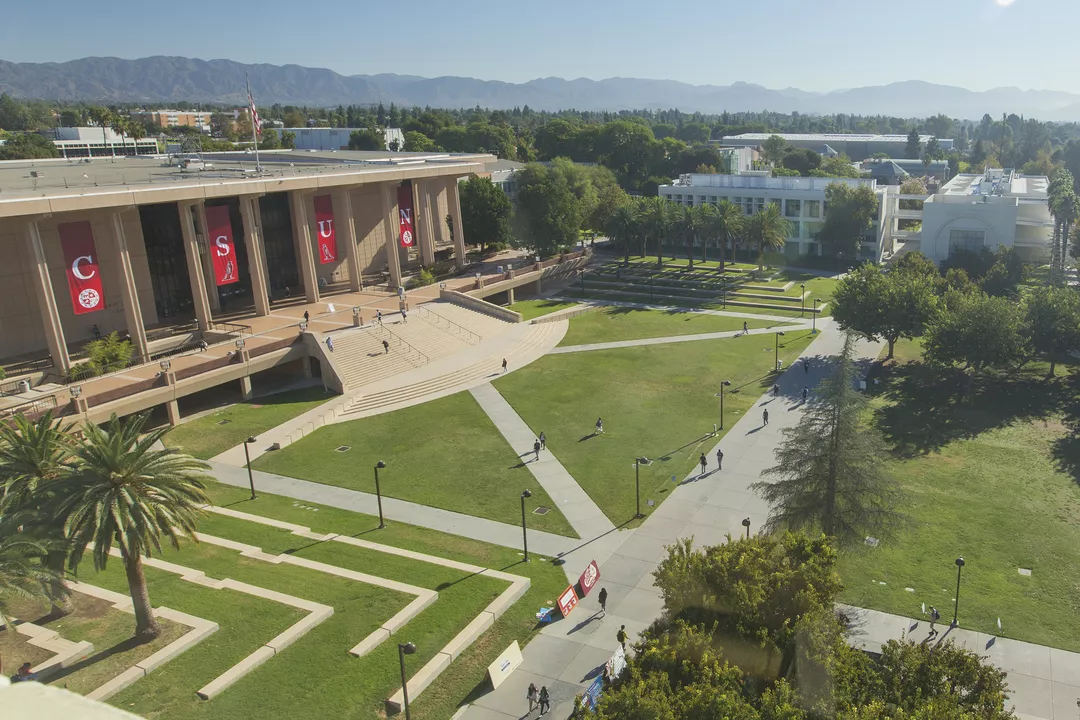-
hello@abroadcube.com
Mail us
-
Call For Help:
98779 83783
-
Whatsapp Us
70090 34921
California State University, Long Beach’s Electrical Engineering programs prepare students to shape future technology, whether in communications, controls, digital signal processing, electronics, or power systems.
This program affords an opportunity for engineers and others to advance their competency in analysis and design to better meet the high technology needs of local industry. Each student selects two core courses and three graduate courses in one area of emphasis, and the remaining courses must augment and support the area of emphasis. Some current examples of areas of emphasis are Biomedical, Communications/Networking/Digital Signal Processing, Power/ Control Systems, and Electronics/Digital System. Students will choose one of the two alternatives: thesis, or comprehensive exam. Successful completion of a thesis provides a unifying culmination to the program, and an enhanced resume for future industrial or academic endeavor. A limited number of laboratory and teaching assistantships are available to qualified graduate students.
| Level | Masters |
| Discipline | Engineering |
| Duration | 24 months |
| Intakes | Jan, Sep |
| Application Fees | USD 70 |
| Tuition Fees | USD 15570 |
| Campus | Long Beach |
| Language proficiency (minimum) | |
| IELTS | 6 |
|---|---|
| TOEFL | 80 |
| PTE | 58 |
| Duolingo | 115 |
| Exam proficiency (minimum) | |
| SAT | Not Required / Waiver |
|---|---|
| ACT | Not Required / Waiver |
| GRE | Not Required / Waiver |
| GMAT | Not Required / Waiver |
Minimum GPA - 70%
QS Quacquarelli Symonds is the world’s leading provider of services, analytics, and insight to the global higher education sector, whose mission is to enable motivated people anywhere in the world to fulfil their potential through educational achievement, international mobility, and career development.
THE (Times Higher Education) has been providing trusted performance data on universities for students and their families, academics, university leaders, governments and industry, since 2004. We create university rankings to assess university performance on the global stage and to provide a resource for readers to understand the different missions and successes of higher education institutions.
The Academic Ranking of World Universities (ARWU) was first published in June 2003 by the Center for World-Class Universities (CWCU), Graduate School of Education (formerly the Institute of Higher Education) of Shanghai Jiao Tong University, China, and updated on an annual basis
The "Webometrics Ranking of World Universities" is an initiative of the Cybermetrics Lab, a research group belonging to the Consejo Superior de Investigaciones Científicas (CSIC), the largest public research body in Spain. CSIC is among the first basic research organizations in Europe. The CSIC consisted in 2006 of 126 centers and institutes distributed throughout Spain.



